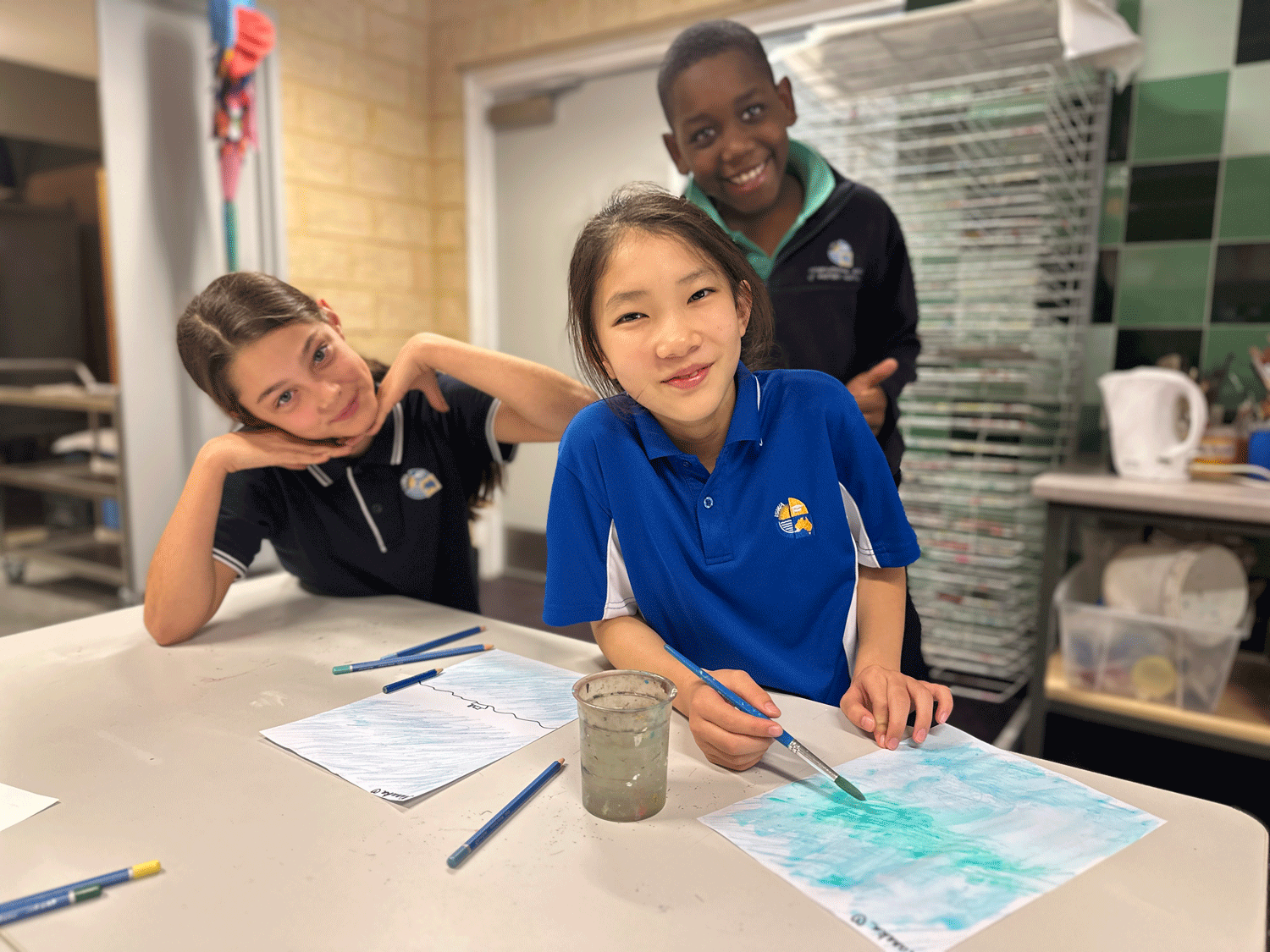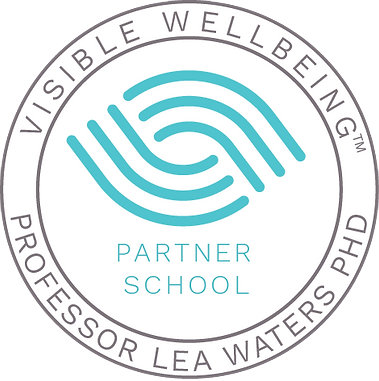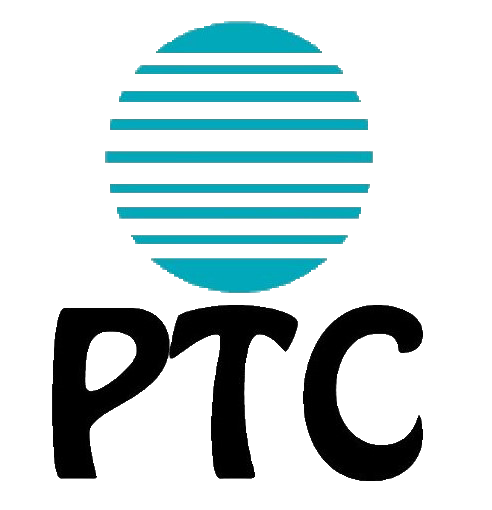At the beginning of each new year, many of us are tempted to set noble goals which we are convinced will improve our health, relationships, financial status and general prospects in life. For this reason, it was very timely that our partners in the Visible Wellbeing (VWB) programme returned to ISWA on Monday, January 15 to facilitate staff training on the final pathway of the S.E.A.R.C.H. model, ‘Habits and Goals’.

We wouldn’t be human if we didn’t all grapple with what are considered ‘bad’ habits. Examples of these range from: nail biting, procrastination, skipping breakfast, stereotyping, gambling, swearing, gossiping, walking whilst staring into a phone, keeping other people waiting, smoking, watching endless episodes of Netflix series late into the night – the options are endless!
Defining the Habit
But, what is a habit? James Clear, author of the widely quoted ‘Atomic Habits’ (2018) explains them as: ‘The small decisions made, and actions performed every day’. Clear cites researchers at Duke University, to explain that ‘…habits account for about 40 percent of our behaviors on any given day’. Encyclopedia Britannica defines habits as ‘Any regularly repeated behaviour that requires little or no thought and is learned rather than innate’. It makes sense, then, that what we think, believe, do, and how our lives unfold are the result of our habits.

How are habits connected to our wellbeing?
If our lives had no structure and no predictability, things would be too chaotic to manage. Habits, like routines, can keep us, and the wider world, safe and healthy. Examples of these are fastening car seat belts, maintaining sleep patterns, speaking kindly to ourselves, recycling and attending to our pets. Habits such as flossing, smiling when we greet people, slapping on sunblock, wearing bike helmets, and factoring in vegetables to our meals are constructive habits that contribute purposefully to our wellbeing.
Constantly relying on our willpower to make a multitude of decisions each day is a sheer impossibility. Habits are a way of reducing variability allowing us to be more consistent. Folklore about ex-US President Barack Obama is that he only ever wore grey or blue suits because this minimized the minor decisions he needed to make each day providing him greater ‘mental space’ for the internationally important issues of his leadership. Being fatigued because of making insignificant decisions could have sapped all his energy.
Unleashing the Power of Self-Awareness and Positive Reinforcement
We can optimise our own strengths when creating new habits or dispensing with bad ones. We can practice forgiving ourselves, spend time with people who care about us, express our emotions, relax using mindfulness, immerse ourselves in hobbies, skills and passions. We can ‘habit hack’ by tagging new habits onto existing, constructive ones, such as being consciously grateful when we are provided delicious, wholesome food. Although, according to Lally, Van Jaarsveld, Potts and Wardle (2010), it can take an average of 66 days to embed a new habit (generally between 18 – 254 days), we learned through our VWB programme that successful goal striving is a major predictor of wellbeing and that the longer the practice, the better the habit (Lowenstein, Price and Volpp 2016)
Clearly, habits are learned behaviours which can be unlearned so it’s useful to have an awareness of how our habits work by identifying the cues and rewards. Divorcing from an unproductive habit requires the motivation to change. Additionally, cravings can drive our behaviours so it’s worth reflecting upon what we get out of maintaining our habits. Rewards can be powerful if they satisfy cravings. Socrates famously said: “To know thyself is the beginning of wisdom” and this is what is required to begin battling habits. Being conscious of our cues and rewards means we can begin regaining control over habits. If we want to consume less ‘junk’ food or empty calories, we need to figure out whether it’s actually the McDonalds sundae we crave or the company of friends after school. Is the ‘reward’ satisfying hunger or is it about socialising? Arming ourselves with the knowledge that ‘Habit loops’ consist of: cue → routine behavior → reward (meaning we’re more likely to repeat the habit) is crucial. Behaviors with affirming consequences, attention and activities tend to be repeated until they become automatic. Self- awareness, then, is vital to determine our motivation. It’s also wise to wrestle with negative thoughts like ‘A chocolate is the only way I can make it through the rest of the day’ which may sabotage us.
Practical Steps for Building Good Habits and Breaking Bad Ones
Charles Duhigg, author of ‘The Power of Habit’ refers to ‘keystone habits’ or those “small changes or habits that people introduce into their routines that unintentionally carry over into other aspects of their lives.” These create a domino effect that change every area of our lives – small habits can have a massive impact. If the habit results in fulfilment and it is easy, then it is more likely to ‘stick’. A familiar example of a ‘keystone habit’ is exercise. When we start habitually exercising, even as infrequently as once a week, we often start changing other, unrelated patterns in our lives. For instance, we tend to start eating better and arriving at school/work earlier. We feel less stress, grow more patient and even spend less money. Exercise, as a ‘keystone habit’, triggers widespread change.
James Clear’s suggests the following:
- Figure out, specifically, what we want to achieve. What are our intentions?
- Be conscious of our environments (for example. avoid stocking the freezer with ice cream if we’re trying to break the junk food habit)
- Start very small and be patient. Don’t make enormous changes immediately.
- Celebrate achievements throughout the journey and invite friends to support us.
- Reward ourselves.
The journey is always worthwhile!
Works Cited
Building Good Habits: 10 Tips for Lasting Change. (2013, June 30). Sparring Mind. https://www.sparringmind.com/good-habits/
Clear, J. (2018). Atomic Habits. Penguin Publishing Group.
Davenport, B. (2020, November 8). How To Make Good Habits Stick: 11 Secrets From Research. Live Bold and Bloom. https://liveboldandbloom.com/11/habits/how-to-make-good-habits-stick
Duhigg, C. (2012). The power of habit : why we do what we do in life and business. Random House.
Improvement Pill. (2017, August 26). 3 Habits That Will Change Your Life. Www.youtube.com. https://www.youtube.com/watch?v=7DSscQlSZR4&ab_channel=ImprovementPill
Modgil, Dr. R. (2013). Why new habits are so hard to stick to. Bbc.co.uk. https://www.bbc.co.uk/ideas/videos/why-new-habits-are-so-hard-to-stick-to/p07zqc7w
Proctor, B. (2015, March 31). A Habit You Simply MUST Develop. Www.youtube.com. https://www.youtube.com/watch?v=Gzj7zP5BXdc&ab_channel=ProctorGallagherInstitute
Rutledge, T. (2023, March 16). The 7 Habits of Health and Happiness | Psychology Today Australia. Www.psychologytoday.com. https://www.psychologytoday.com/au/blog/the-healthy-journey/202303/the-7-habits-of-health-and-happiness
Team Credible. (2018, April 14). 10 Habits Of All Successful People! Www.youtube.com. https://www.youtube.com/watch?v=Dk20-E0yx_s&ab_channel=TeamFearless
Waters, L. (n.d.). Visible Wellbeing. Lea Waters AM, PhD. https://www.leawaters.com/visible-wellbeing













